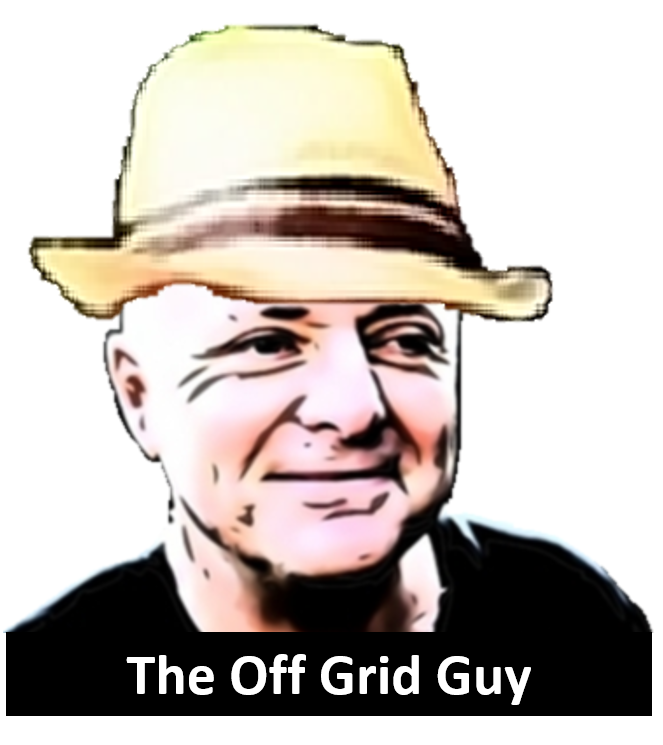• Zoe Wang and Michael Mobbs beside their coolseat, part of the Upsoil Collective project shortlisted for the Fishermans Bend Digital Innovation Challenge
Notice some of the many different material colours in the background
On Thursday l5 August composting will walk onto the stage at Fishermans Bend, Melbourne.
Composting will be there in the human forms of Zoe Wang and Michael Mobbs, who will pitch their project for an all-in-one mix of data display about compost of local food waste, a seat to sit on above the compost, and a garden bed with food plants.
Tables and different garden beds and in-ground combinations allow many ways for residents, visitors, café and restaurant owners to sit in sun or shade, share a meal, harvest some rosemary, nasturtium or other plants and to turn food waste into soil and grow food.
Prize money of $90,000 is to be won.
Already, the three finalists have each won $3,000 for their project costs. The three finalists are here; the other two are a recycling and materials stand, and a sound source which promotes biodiversity.
Judging will be by a panel of five judges.
Public voting and participation is a big part of the evening and judging, too; public votes are 50% and the other 50% of the decision is by judges.
From and including that night of Thursday 15 August for two weeks you, dear reader, can vote for the winner.
Public voting opens on 15 August. The public may vote from 15 August then up to two weeks afterwards – to vote please take this link.
• The composting project pitch is by Upsoil Collective - by Zoe Wang and Michael Mobbs
The decision will be half decided by public votes and half by the jury.
Countdown for voting . . . finalists page . . .
• Finalists page . . .
This is where anyone may vote for the winner they prefer . . .
Melbourne City Council will manage the Fishermans Bend pitch page on its website and voting there by the public will be this way:
All voting happens on the Finalists page - the three images is where the voting will be switched on - you'll see it from 7pm 🙂 Thursday 15 August. It's a very easy experience for people.
However, vote counts will not be transparent - it will remain a secret till Council announces the winner after judging and public voting closes.
• Fishermans Bend – examples of space opportunities for garden beds with garden beds with seats called, coolseats
The pitch project by Melbourne City Council aims to add life and data to and for the large Fishermans Bend development area, some 480 hectares of former industrial land along the Yarra River.
Isn’t it great to see composting put centre stage by Melbourne City Council? Thank you all there.
I sense this moment reflects a growing awareness and desire in Australian communities for solutions to end all forms of waste. Another example of Australian society growing towards ending its waste is the recent creation of a national body to promote local community composting, LOccal.
Upsoil Project aims to bring fashion, style and simplicity to composting. It seeks to make composting attractive to anyone. And building a strong sense of community, especially at pedestrian and ground levels in a newly built precinct like Fishermans Bend with more building ahead seems a perfect task for the Upsoil Project.
In Chippendale, with local business and resident support, the community has installed prototypes of coolseats in the verge and footpaths for the last 5 years. Our community composts 300 to 400 kgs of food a week in our footpath garden compost options.
It gives me a childish delight when I lift a coolseat seat outside a cafe to put in food waste, or see a café worker do that, and someone sitting on a nearby coolseat says – “Oh, there’s compost under the seat. Amazing”.
For the café and locals to be able to compost these last four years in the footpath coolseats, and to surprise people sitting on them or waiting outside the café about what’s happening in plain view, tells me the design is accepted and works.
To collaborate with Zoe Wang to expand and grow coolseats in her Upsoil Project development since she made it her major university project some years ago is to work with a pioneer passionate about creating and humanising public domains where a strong sense of community prevails.
We’re also collaborating with data providers, local compost legends such as Dave from Compost Care Narm project and his ever-growing Kensington Compost project.
Everything is Australian made from recycled materials by Australian businesses each of which is proud to recycle – Waterups, Mrfoxinabox. The sturdy recycled steel sides of the garden bed come in 22 colours, the recycled bed ends, seats and tables come in several colours, and the wicking cells, out of sight below the plants, cut water use by 80 per cent.
Win, lose or draw, the big winner of the night is composting food waste.
May votes be with the worms, the compost and humans sitting down taking it easy in our streets.
Good luck to each of the three finalists.
Michael Mobbs





